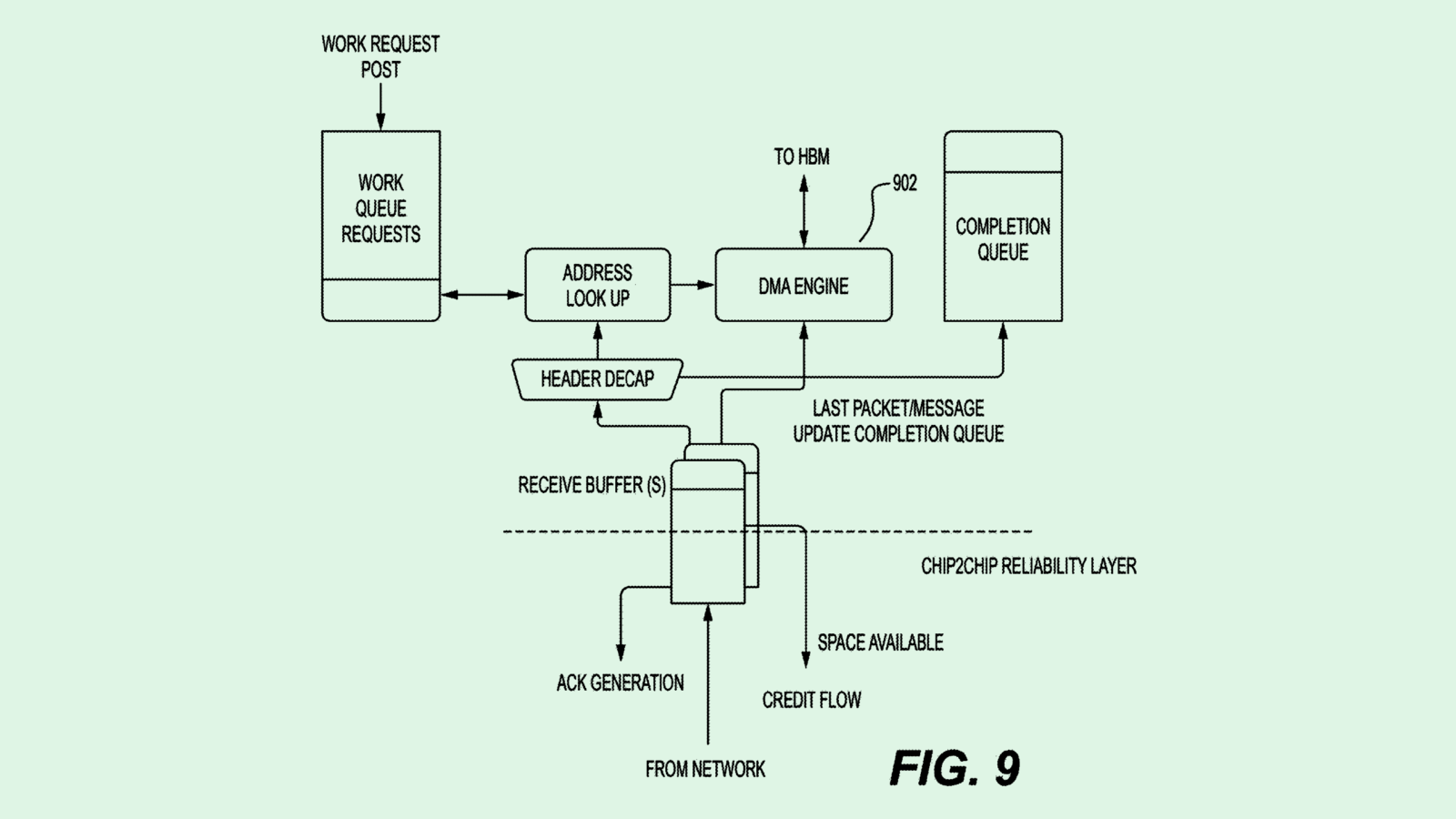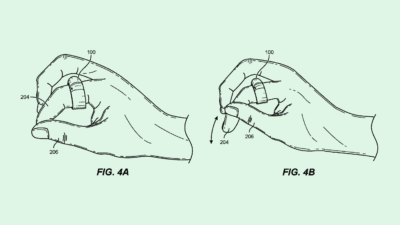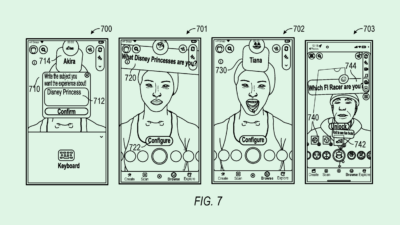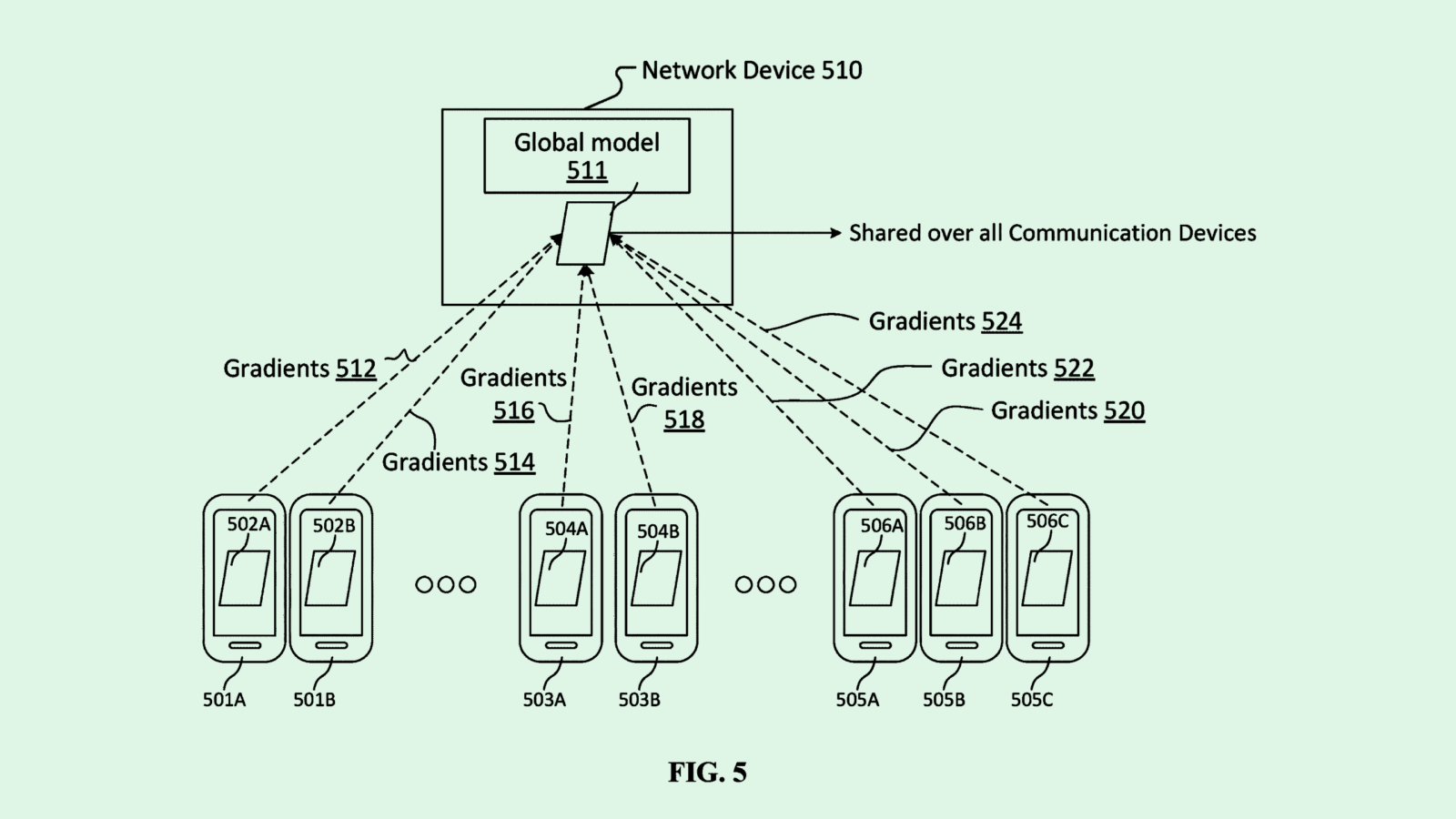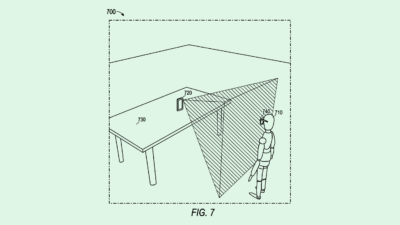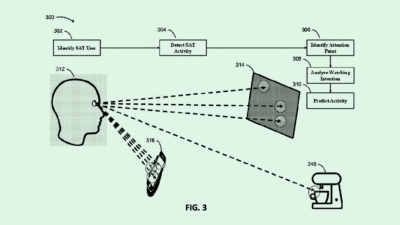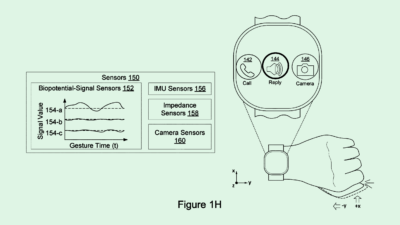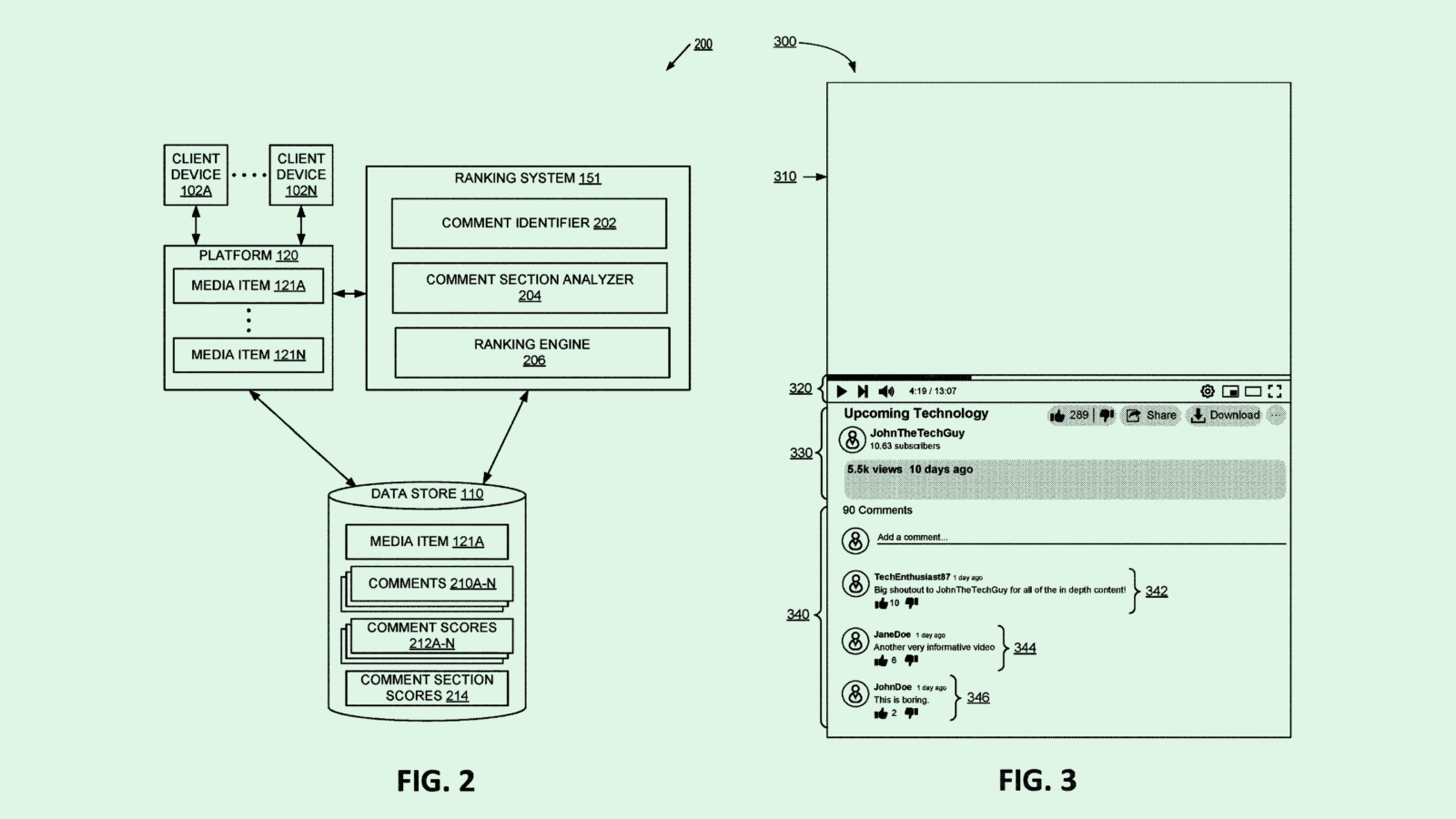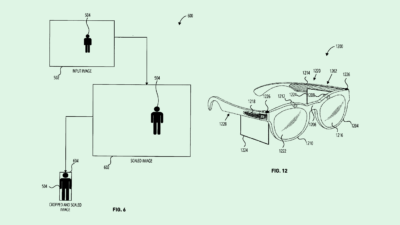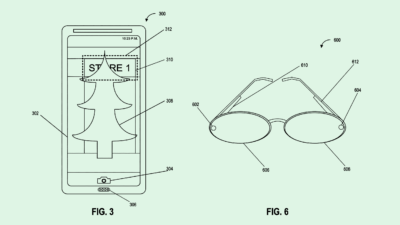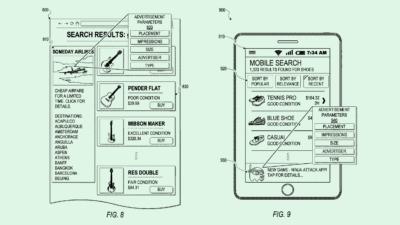Snap Patent Adds to AR Ad Bet as Meta Shuts Down Spark AR Studio
Snap may want to use AR to help you redeem your next free coffee.
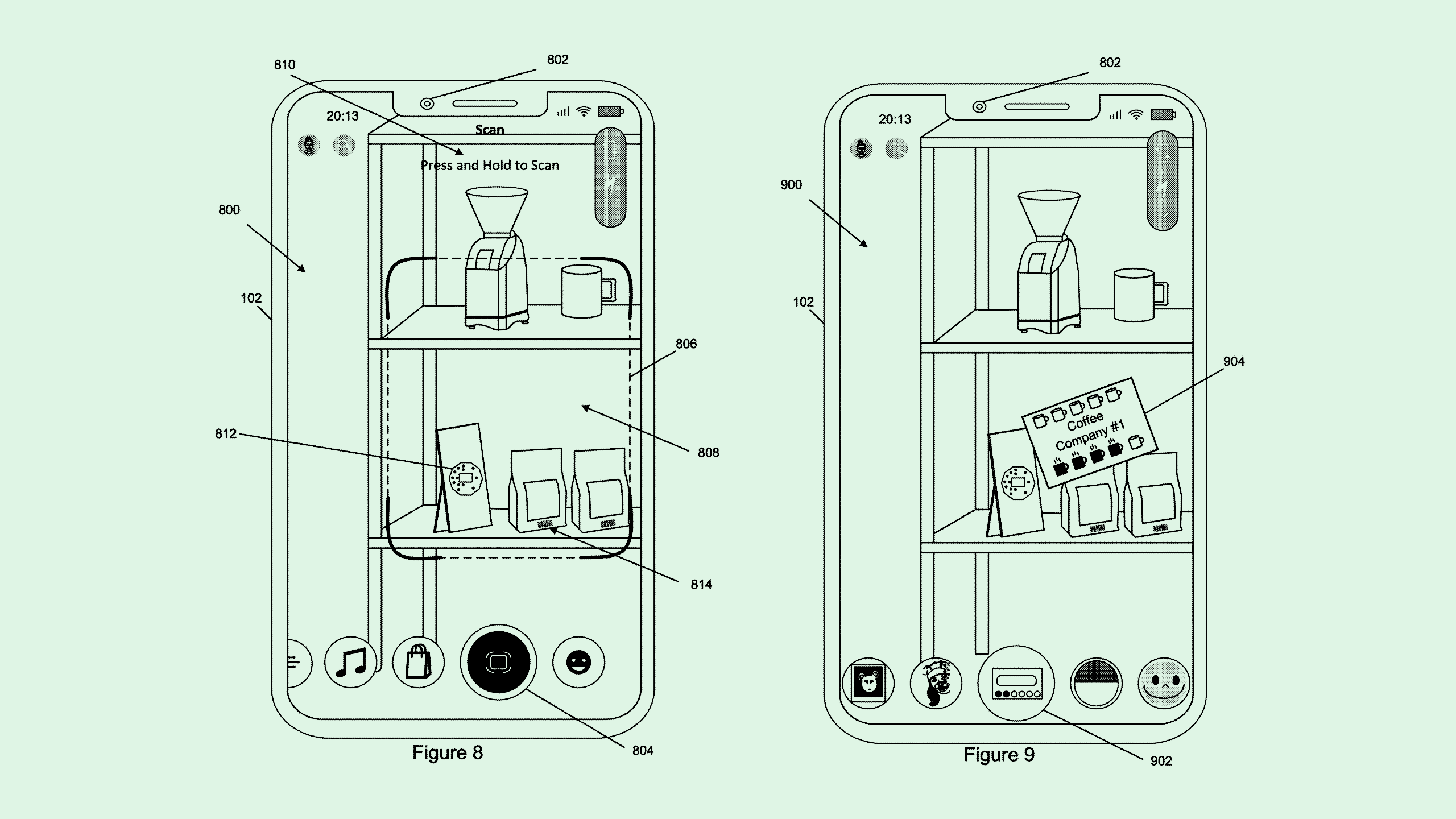
Sign up to uncover the latest in emerging technology.
Snap may be getting into couponing.
The company filed a patent application for augmented-reality content items to “track user activity and redeem promotions.” As the title implies, this tech helps Snap track user behaviors over time to determine when they may be missing out on deals, using AR as a means of in-app, interactive tracking.
“Existing systems typically do not implement augmented reality content to indicate purchases of products by users of client applications or to redeem promotions related to products based on the number of purchases of the products,” Snap said in the filing.
Snap’s patent tracks when users interact with specific products or are in specific locations that are tied to promotions through that user’s camera. It may rely on identifiers such as barcodes or QR codes scanned or photographed by the user in the Snapchat app, or use location data. Snap’s system would use AR to keep track of this.
These activities are tracked over time as the user continues to report their purchases on Snap. For example, if a user frequents a certain coffee shop and takes a photo of their coffee each time, it may determine that they have redeemable rewards from their purchases.
AR has long been a big part of Snap’s content and ad strategy, largely by offering sponsored AR lenses to advertisers, said Mithru Vigneshwara, product director at AR experiences company QReal.io. Snap touted in an April earnings call that, on average, more than 300 million people engage with its AR offerings every day.
But the company has had a rocky road with some of its AR bets: It shuttered its enterprise AR services unit last September just six months after launch. CEO Evan Spiegel told employees that business performance has “reduced our capacity to invest in this incremental opportunity.”
However, the market for AR may be changing: Meta announced earlier this week that it is shutting down its Spark AR Studio platform, which enabled creators and brands to build their own AR effects. The company noted that it’s “shifting resources to the next generation of experiences, across new form factors like glasses.”
This could mean two things for Snap, said Vigneshwara. For one, Meta’s decision takes one major player out of the market, allowing Snap to “eat into that market share,” he said. “But at the same time, you could also read that and say, ‘If Meta is pulling back on this, there might be something happening in the industry where they don’t see as much ROI on this.’”
